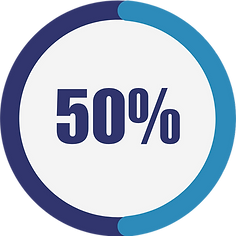World Health Day

According to the World Health Organization (WHO), at least half of
the world's population still lacks access to essential health services.
World Health Day is observed every year on April 7th, to raise awareness about the importance of global health and to promote healthy living. The day is dedicated to raising awareness about health and the impact on individuals and families affected by it. According to the World Health Organization (WHO), around 100 million people are pushed into extreme poverty each year due to out-of-pocket healthcare expenses. This highlights the urgent need for improved access to quality healthcare and the importance of addressing health inequalities, which is the focus of this year's World Health Day.



50% of the global population lacks access to essential health services
12% of the global population spends more than 10% of their household budget on healthcare
70% of global deaths of non-communicable diseases (NCDs) are accounted each year
These statistics emphasize the need for equitable access to healthcare and the importance of addressing health disparities on a global scale.
COVID-19 has exposed the inequalities in global health, as it has disproportionately affected marginalized communities, exacerbating existing health disparities. Therefore, it is essential to ensure that everyone has access to quality healthcare services, regardless of their socio-economic status, gender, or geographical location.
This World Health Day, we must renew our commitment to building a fairer, healthier world by addressing the root causes of health inequalities. This requires not only increased investment in healthcare infrastructure and resources but also measures to address social determinants of health, such as poverty, inadequate housing, and food insecurity.
Find out how to get involved here:
On this World Health Day, let us all commit to working towards a fairer, healthier world by advocating for policies that promote equitable access to healthcare and addressing the social determinants of health. By doing so, we can create a world where everyone has the opportunity to lead a healthy and fulfilling life.
The content is intended for educational purposes only and should not be perceived as medical advice. Hereditary rare disease testing, possible next steps and clinical management should always be fully discussed with your healthcare provider.